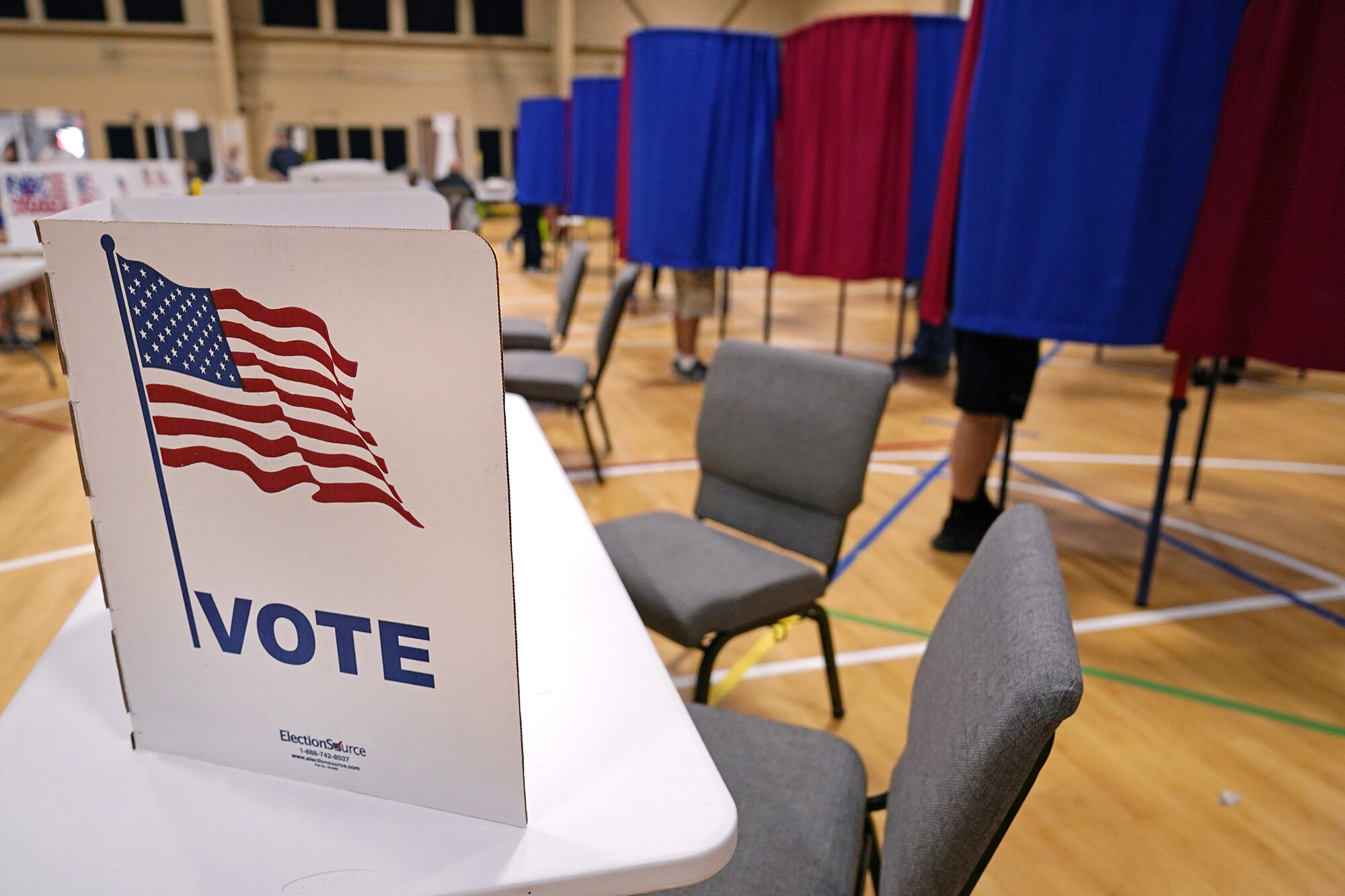
nocred

After months of polls, debates, rallies, and some nasty TV ads, Election Day is finally here.
Voters will determine who will next occupy the 435 seats in the House and a third of the seats in the Senate, in addition to governorships and other state offices across the nation. Democrats are hoping to hold on to their narrow majority in the House, but Republicans are betting that voter concerns over the economy and crime will boost their ranks.
Whether the overturning of Roe v. Wade brings out single-issue voters or inflation and gas prices motivate more voters remains to be seen. Whatever the outcome, key races in several states—like the Senate races in Arizona and Pennsylvania, for instance—are expected to be very close, which could mean it will be days, not hours, for the winner to be revealed.
In the lead-up to the midterms, Penn Today engaged experts across the University on top issues and what it all might mean for American democracy. Here are a few of those stories.
During the summer, an international consortium led by the Netter Center for Community Partnerships co-hosted a global forum in Dublin that looked at higher education’s role in constructing a more equitable, sustainable, and democratic world. At the end of the forum, the participants concluded that higher education institutions are anchors for democracy. Experts from around the University share their thoughts on how their research, expertise, departments, and centers help foster democracy.
Read more at https://penntoday.upenn.edu/news/higher-educations-role-democracy
Midterm elections offer voters a chance to signal their approval or disapproval of the current administration, and Nov. 8 is the first time Americans get the chance to render that verdict on the Biden presidency. Ahead of the Oct. 24 deadline for registering to vote in Pennsylvania, political scientist Marc Meredith, of the School of Arts & Sciences, shared the top five things he’ll be keeping an eye on during these midterms.
Read more at https://penntoday.upenn.edu/news/what-look-upcoming-midterms-marc-meredith
Both Democrats and Republicans are weighing how the Supreme Court’s decision to overturn Roe v. Wade will affect voter turnout in the midterms. A new survey by Penn Program on Opinion Research and Election Studies/SurveyMonkey shows 80% of American adults say abortion will be important to their vote on Nov. 8. It also revealed broad bipartisan support of abortion rights in cases of rape, incest, and mothers’ health
Read more at https://penntoday.upenn.edu/news/survey-broad-bipartisan-support-abortion-exceptions
One of the narratives that emerged from the 2020 presidential election cycle was how Latinos around the country voted. Now, as the midterms loom, the question of how Latinos will vote is rising again. To help situate these recent trends within the longer historical perspective, the Center for Latin American Studies hosted a chat between Geraldo Cadava, author of “The Hispanic Republican” and political scientist Michael Jones-Correa. “I am increasingly frustrated with this idea that the only thing we need to figure out about Latinos is whether we are Republican or Democrat,” Cadava said.
Read more at https://penntoday.upenn.edu/news/unpacking-latino-conservatism
Political consequences continued in the primaries for some critics of former President Donald Trump but not all. U.S. Rep. Liz Cheney lost her Wyoming primary, while in Alaska U.S. Sen. Lisa Murkowski advanced. John Lapinski of the School of Arts & Sciences discusses what these results tell us about the November general election, the state of the GOP, and Trump’s hold on the party.
Read more at https://penntoday.upenn.edu/news/lipinsky-takeaways-wyoming-alaska-primaries
Kristen de Groot

nocred

nocred

Despite the commonality of water and ice, says Penn physicist Robert Carpick, their physical properties are remarkably unique.
(Image: mustafahacalaki via Getty Images)

Organizations like Penn’s Netter Center for Community Partnerships foster collaborations between Penn and public schools in the West Philadelphia community.
nocred